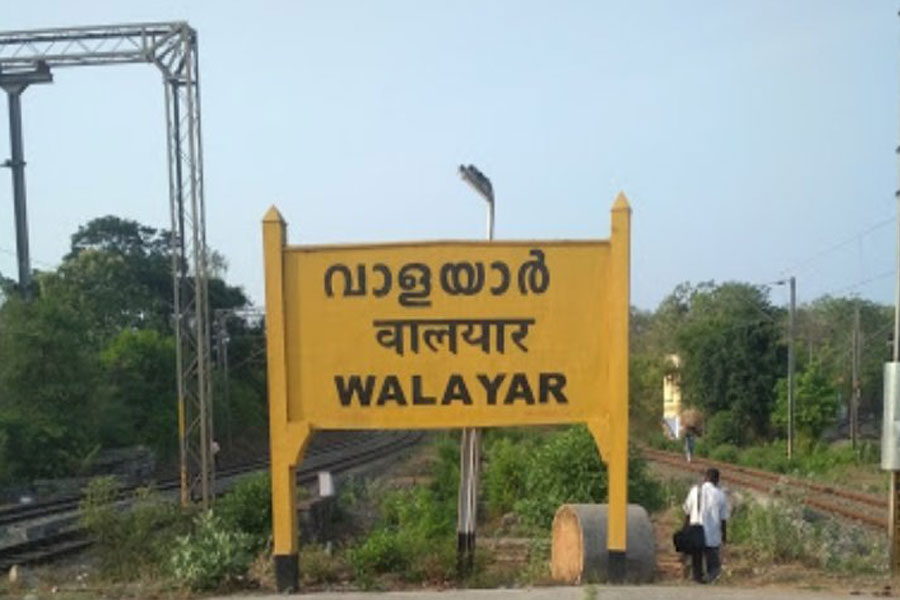Some years ago, Arundhati Roy argued how NGO-isation depoliticized and killed public resistance movements. It has been a widely held point-of-view globally as well that NGOs speaking up for people is a ploy of capitalism and exploitative States to convert genuine resistance movements into negotiations. NGO-isation leading to genuine activists being coopted into the system as its paid agents ensures that any potential resistance can be muffled, controlled or regulated.
What’s happening in Kerala in the wake of the acquittal of the accused in the sexual abuse and death of two minor girls for want of evidence is something similar. Although the acquittal appeared to be gross injustice because the police and the prosecution have obviously failed to convince the court that the accused had indeed committed the crime, and the victims’ parents charged the ruling party with sabotaging the case, there’s hardly any public outcry except sporadic social media posts. Viewed against the violence unleashed on Kerala’s streets a few years ago when a woman—who had been arrested and jailed for defrauding people—accused the ministers and MLAs of the UDF government of both financial and sexual exploitation, this is bizarre.
If one looks at the case closely, everything about it is absolutely ridiculous and makes one worry about the latent lawlessness in a society: A 13-year-old girl from a very poor Dalit family “commits” suicide and her autopsy reveals that she was sexually abused, that too repeatedly, and that she bore injuries that were consistent with sexual abuse. Less than two months later, her sister, just about nine years old, also “commits” suicide in the same fashion. The police make arrest, registers a case, investigates and frames charges. Finally, when the trial is concluded, the judge proclaims that there was not enough evidence to sentence the accused.
In other words, the police and the prosecution have failed. Or more clearly, the government has failed. The crestfallen mother of the victims blamed the government agencies and even the ruling party.
In a state such as Kerala known for violent protests and “intellectuals” who make an issue of any injustice in any part of India or even in a far away country such as Brazil, one would expect instant public outrage on the streets that wouldn’t end till some concrete actions are taken. But in this instance, nothing has happened except of course on social media.
What happened to the voice of the people? Why are they silent? The state is supposedly left-leaning, avowedly right-conscious and wouldn’t take any act of injustice lying down. But how come there is not even a whimper of protest?
This is where Arundhati Roy’s argument of NGO-isation finds a parallel. Just like how the NGOs buy out people’s right to agitate, in Kerala, it’s the “Left” that has become the broker of activism. Over the years, all agitations in the state that cover a wide range of issues including human rights, environment, women’s rights, education, welfare and so on have been usurped by the Left, or the socio-political ecosystem created by the Left. Take any issue, almost every prominent activist in the state will be either a member of the ecosystem or a Left-proxy.
Therefore, when the Left ecosystem is the arbitrator of what is right and wrong, it decides on what to agitate and how. And its authority shows quite starkly when the Left is in power. There will be hardly any agitations, let alone violence on the streets and all the Left “intellectuals” who habitually come out on the streets with vigils, poems and statements of moral outrage will suddenly go quiet.
By systematically usurping people’s right to resist and protest, like the scary body-snatchers invade humans in horror movies, the Left has attained complete control over the anti-establishment voice in the state. Just like the how the NGOs deviously act as brokers of public resentment, they too ensure that they are in control of people’s voices.
This terrible loss of agency of people is deeply worrying because the Left ecosystem in the state is highly institutionalised. It’s a huge political-industrial complex that runs deep and gets exposed only occasionally when scandals of government job recruitment, malpractices in public examinations, sabotage of criminal investigations, or instances of gross nepotism come to light.
Politically motivated professional causeratis that monopolize Kerala’s socio-cultural scene is a disturbing reality. So generally if they don’t outrage, there’s no outrage. And that’s how you kill a latent public movement: by first taking control of the right to outrage and then deciding what to outrage against.
And it looks irreversible, it’s an incurable social malady.







